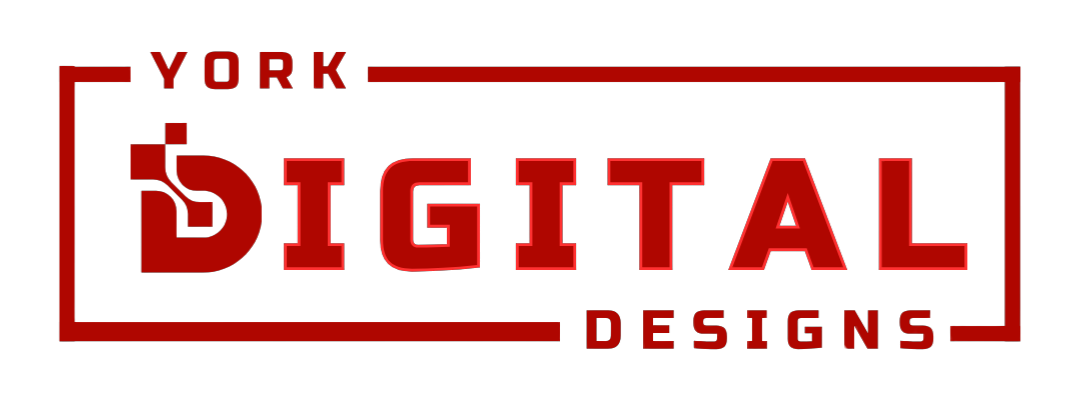If you’re running a local business, getting your website pages indexed quickly by search engines like Google is crucial. The faster your pages appear in search results, the quicker potential customers can find you. This is where a Local SEO Rapid URL Indexer comes into play. It helps your web pages get indexed faster, improving your local search visibility and boosting rankings.
In this guide, we will discuss how a rapid URL indexer works, its benefits, and how to use it effectively to improve your SEO strategy.
What Is a Local SEO Rapid URL Indexer?
A Local SEO Rapid URL Indexer is a tool or service that helps search engines discover and index new or updated web pages faster. Normally, search engines take time to crawl and index pages. However, using an indexer speeds up this process, ensuring that your content appears in search results quickly.
These tools are especially useful for businesses that need their updates, promotions, or new pages to be seen by local customers as soon as possible.
Why Fast Indexing Matters for Local SEO
1. Boosts Search Visibility
Google and other search engines prioritize fresh and updated content. If your website updates are indexed quickly, they can rank higher for relevant local searches.
2. Increases Organic Traffic
When your pages get indexed faster, they can start appearing in search results sooner, bringing in more visitors from Google searches.
3. Enhances Competitive Advantage
Your competitors may already be using SEO indexing tools. By indexing your pages rapidly, you ensure your content competes effectively in local search rankings.
4. Improves Local Search Rankings

Google considers timely and updated content as a ranking factor. A fast indexer helps push your business higher on search engine results pages (SERPs).
How a Local SEO Rapid URL Indexer Works
- Submission of URLs: You enter the URLs of your new or updated pages into the indexer.
- Instant Notification: The indexer informs search engines like Google, Bing, and Yahoo that new content is available.
- Crawling Process: Search engine bots visit the pages, analyze their content, and add them to their index.
- Ranking Begins: Once indexed, your pages can start appearing in search results for relevant local keywords.
Best Free Local SEO Rapid URL Indexers
Many online tools offer free URL indexing services. Here are some top options:
1. Google Search Console (Free)
- Google’s official tool for submitting URLs manually.
- Ideal for small businesses needing quick indexing.
2. Bing Webmaster Tools (Free)
- Similar to Google Search Console but for Bing.
- Helps index pages on Microsoft’s search engine.
3. Instant Link Indexer (Free Trial Available)
- An automated indexer that notifies multiple search engines.
4. Rapid Indexer Online Tools (Free & Paid)
- Several online platforms offer free indexing with premium upgrades.
How to Use a Local SEO Rapid URL Indexer Effectively
Step 1: Ensure Your Page Is Optimized
Before submitting a URL for indexing, make sure it follows SEO best practices:
- Use targeted keywords in the title, meta description, and content.
- Optimize images with alt text.
- Improve loading speed by compressing images and using fast hosting.
- Add internal and external links to relevant pages.
Step 2: Submit the URL to Google Search Console
- Log in to Google Search Console.
- Navigate to the URL Inspection Tool.
- Enter your page URL and click Request Indexing.
- Google will process the request, and your page should be indexed within hours.
Step 3: Use a Third-Party Rapid Indexer
- Choose a reliable local SEO rapid URL indexer online tool.
- Submit the URL.
- Allow the tool to process and notify search engines.
Step 4: Monitor Indexing Status
- Use Google Search Console’s Coverage Report to check if your page is indexed.
- If the page is not indexed within 48 hours, submit it again.
Additional SEO Tips for Faster Indexing
1. Regularly Publish Fresh Content
Search engines favor websites that frequently update their content. Publish blog posts, new product pages, or local news updates to stay relevant.
2. Build Quality Backlinks
Having other reputable sites link to your content signals search engines that your website is valuable.
3. Use Social Media to Share URLs

Sharing your new pages on Facebook, Twitter, and LinkedIn helps search engines discover them faster.
4. Create an XML Sitemap
An XML sitemap helps search engine bots find all your website’s pages efficiently.
5. Optimize Internal Linking
Linking to new pages from existing content helps Google crawl and index them faster.
Conclusion
Using a Local SEO Rapid URL Indexer is one of the fastest ways to get your web pages ranked on search engines. Whether you choose Google Search Console, Bing Webmaster Tools, or a local SEO rapid URL indexer free tool, the goal is the same—fast and efficient indexing.
By following SEO best practices, leveraging indexing tools, and keeping your content fresh, you can boost your website’s rankings, increase organic traffic, and drive more local customers to your business.




